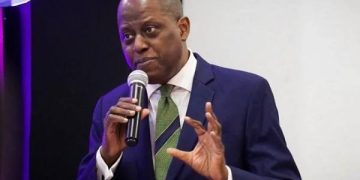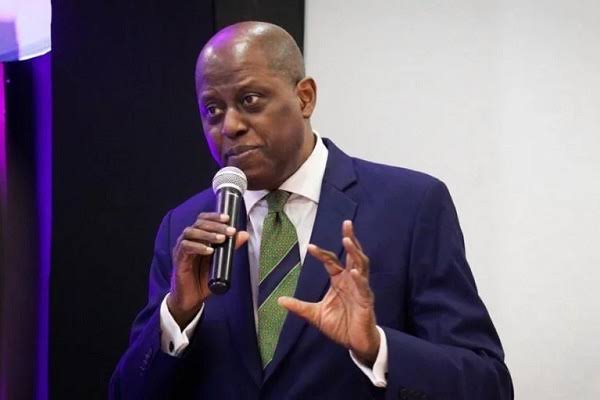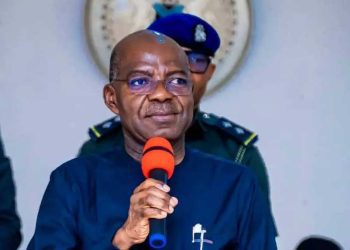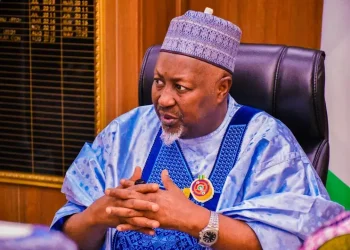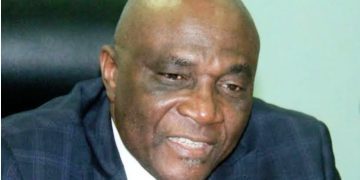At the 32nd Annual General Meeting of the African Export-Import Bank (Afreximbank) held in Abuja, the Governor of the Central Bank of Nigeria (CBN), Olayemi Cardoso, delivered a strong call for an Africa-centric approach to economic growth and digital transformation.
Speaking before a gathering of over 6,000 delegates from across the continent and the globe, Cardoso urged African leaders to reimagine development not as externally driven, but as “African-led and African-owned” rooted in technology, trust, and resilient institutions.
Cardoso stated,
“As we celebrate Afreximbank’s remarkable impact, we must look to a future marked by even greater ambition; a future where growth is Africa-led, and digital transformation connects not just Africa to the world, but Africans to one another.”
He emphasized the need for deep intra-African collaboration, regional trade integration, and data-driven economic policies that can withstand external volatility. The CBN Governor described Afreximbank as “a convener of ambition and a catalyst for change,” highlighting the institution’s evolution from humble beginnings in 1993 to becoming a pillar of African finance.
In light of rising global protectionism, geopolitical fragmentation, and currency instability, Cardoso warned that Africa remains overly exposed to global shocks.
“Resilience is not accidental; it is engineered,” he said, stressing the importance of long-term institutional planning, transparency, and trust in governance systems.
He urged African countries to build institutions anchored in local realities, with strong governance structures and crisis-prepared frameworks that support sustainable development.
As a founding member and major shareholder of Afreximbank, Nigeria has played a pivotal role in the bank’s trajectory. Cardoso revealed that the country has received approximately $52 billion in trade and project financing, making it the largest single beneficiary of the bank’s support.
He further noted:
- Nigeria accounts for 60% of Afreximbank’s $30 billion energy-sector funding.
- Investments include major industrial projects like the Dangote Refinery and the Port Harcourt Refinery.
- These efforts aim to turn the Gulf of Guinea into a key refining hub, reducing Africa’s reliance on fuel imports.
Cardoso also addressed reforms within Nigeria’s financial system under his leadership at the CBN.
“At the Central Bank of Nigeria, we’ve prioritized rebuilding trust—trust in the markets, with citizens, and with international partners,” he said.
He underscored that institutional credibility remains the cornerstone of effective monetary policy, particularly in times of global and domestic uncertainty.
What This Means for Africa
Cardoso’s remarks echo a growing consensus: Africa’s future must be authored by Africans. Through the twin engines of digital innovation and strong local institutions, African economies can position themselves for sustained growth, regional integration, and reduced dependency on external forces.
As Afreximbank continues to shape continental trade and development strategies, the call is clear; bold, Africa-led transformation is not just a goal, but a necessity.
